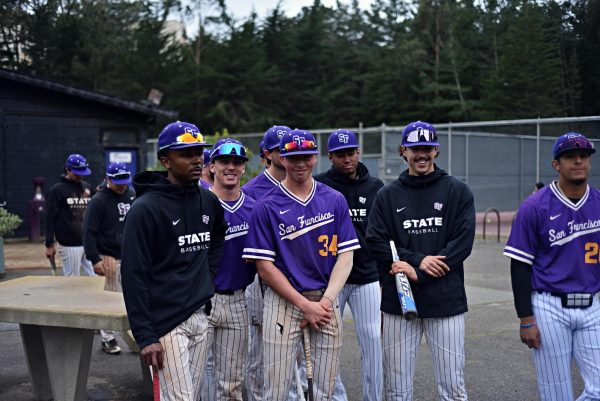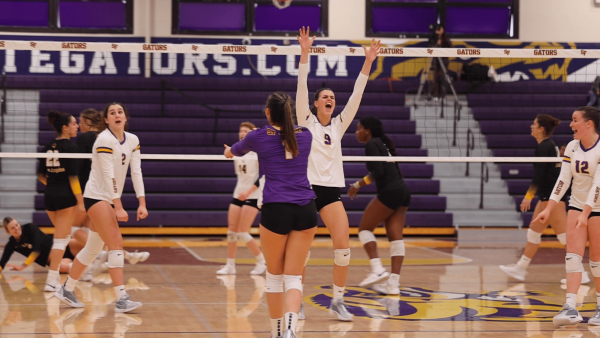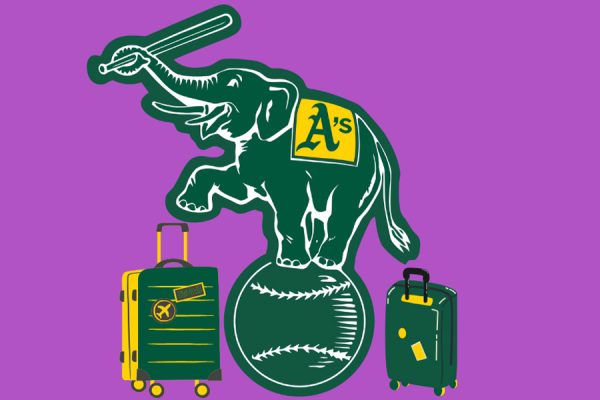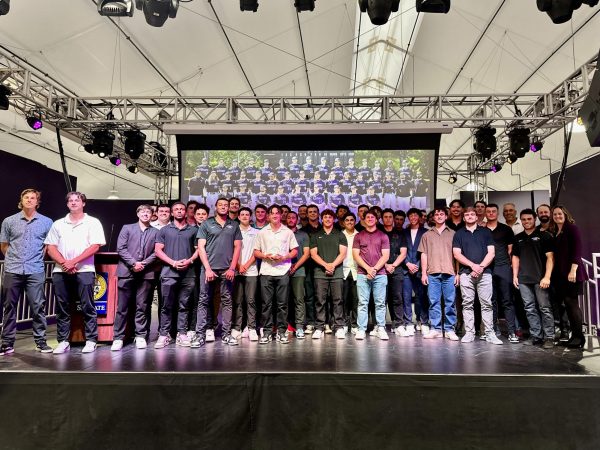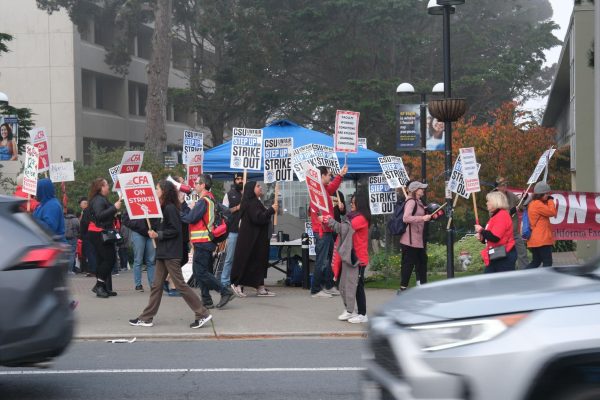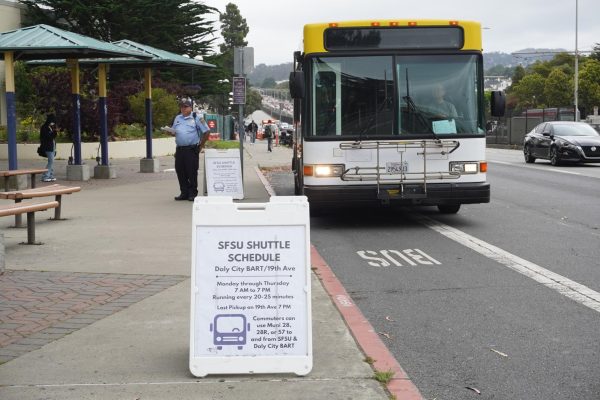Urban farm provides hands-on solution to food insecurity
January 28, 2020
$119,000, the standard price for a family to live “well” in San Francisco, according to Investopedia. San Francisco lives up to its reputation as one of the most expensive cities to live in the U.S, residents often have to work several jobs or live in uncomfortable situations in order to make ends meet.
Next to trying to make rent for the month, the next big expense for residents is a food budget. According to the U.S Bureau of Labor Statistics the average U.S household spends nearly 56.4% of their monthly budget on food.
One of the rising issues in the Bay Area is food insecurity. According to the San Francisco Department of Public Health, 1 in 4 residents are at risk of hunger. Low income residents suffer disproportionately more from food insecurity.
As a way to assist San Francisco residents, in 1994 the SF government started Alemany Farms, one of the biggest urban farms in the city. The farms were successful for roughly six years, however, Alemany Farms closed due to a mismanagement of finances.
Around the early 2000s some of the residents started to guerilla garden the area to save the fruit trees, until they officially became The Friends of Alemany Farms in 2007. The new organization uses the same space, but under different management.
“We have two main goals here one of them is food security … making sure everyone has access to fresh healthy food,” said Abby the lead farm manager, “The other main goal we have is around education, hoping to provide a space for people to get their hands dirty and get the experience of what does mustard look like, what does kale look like what does broccoli look like when it’s in the ground.”
Last year, the farms grew nearly 25,000 pounds of produce and gave it all away to the community. The farms partner with different food pantries to distribute food, such as a student food pantry at SF State and a community project called the free farm stand that sets up a farmers market every week. People can go pick up produce, no questions asked.
“It’s been a 100% volunteer run site and operation for the past 12 years,” said Danielle a frequent volunteer at the farms, “I get to work with a collective of volunteers that help co-manage the site.”
If residents can’t make it to one of their partnered food pantries, the Friends of Alemany Farms leaves their gates unlocked throughout the day and overnight allowing community members to harvest from the farm whenever. The farms reports show that nearly 40% of its produce is harvested by the community.
“The San Francisco League of Urban Gardeners contracted with the city to clean up the site to turn it into a farm as a job training for people living in public housing,” said Abby NAME. “They laid the older pathways and some of our older olive trees and apple trees.”





